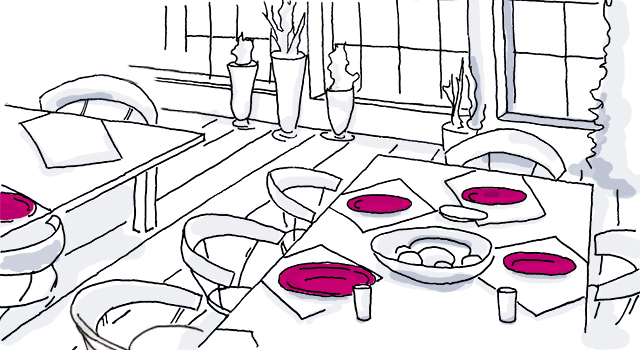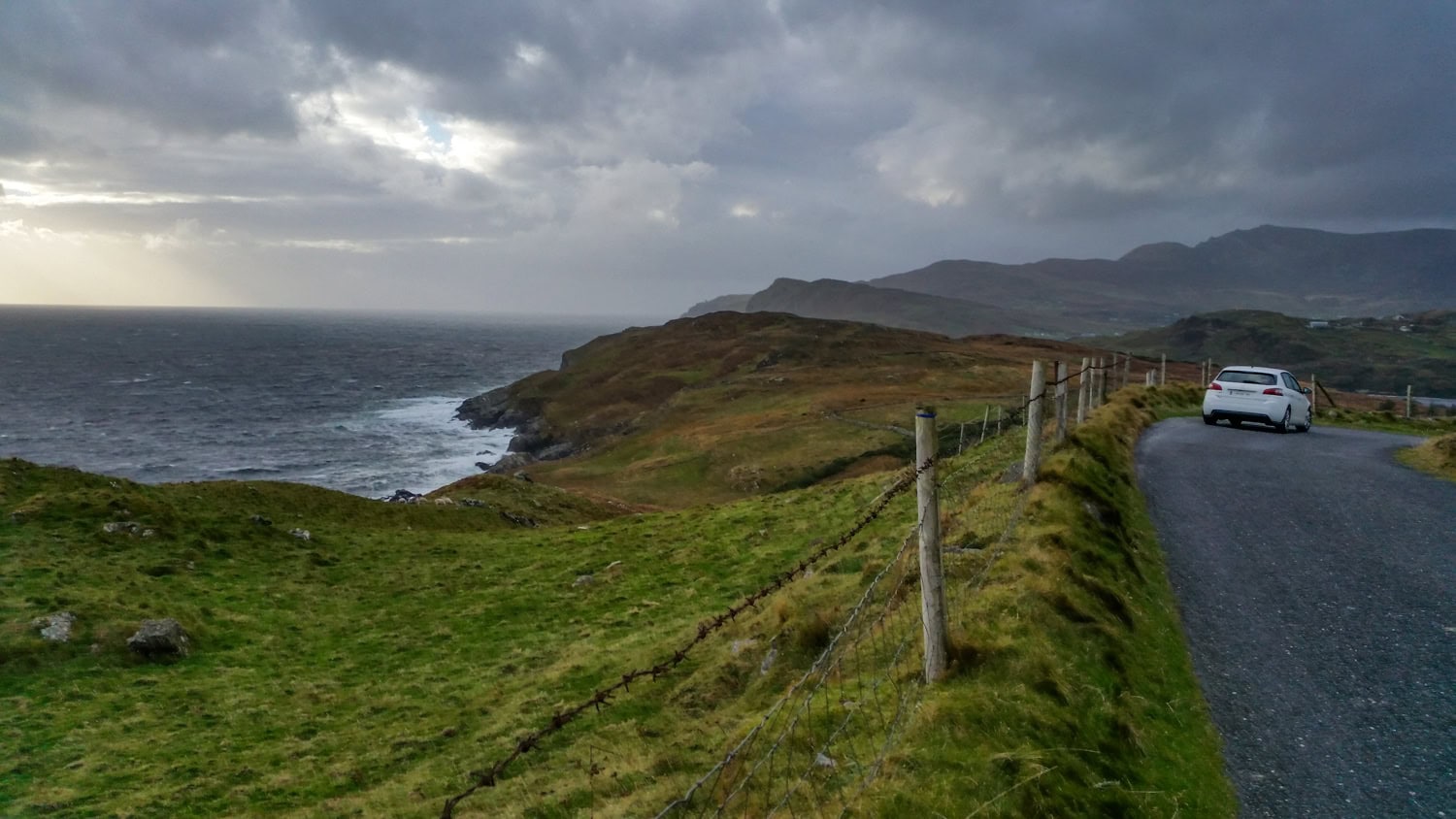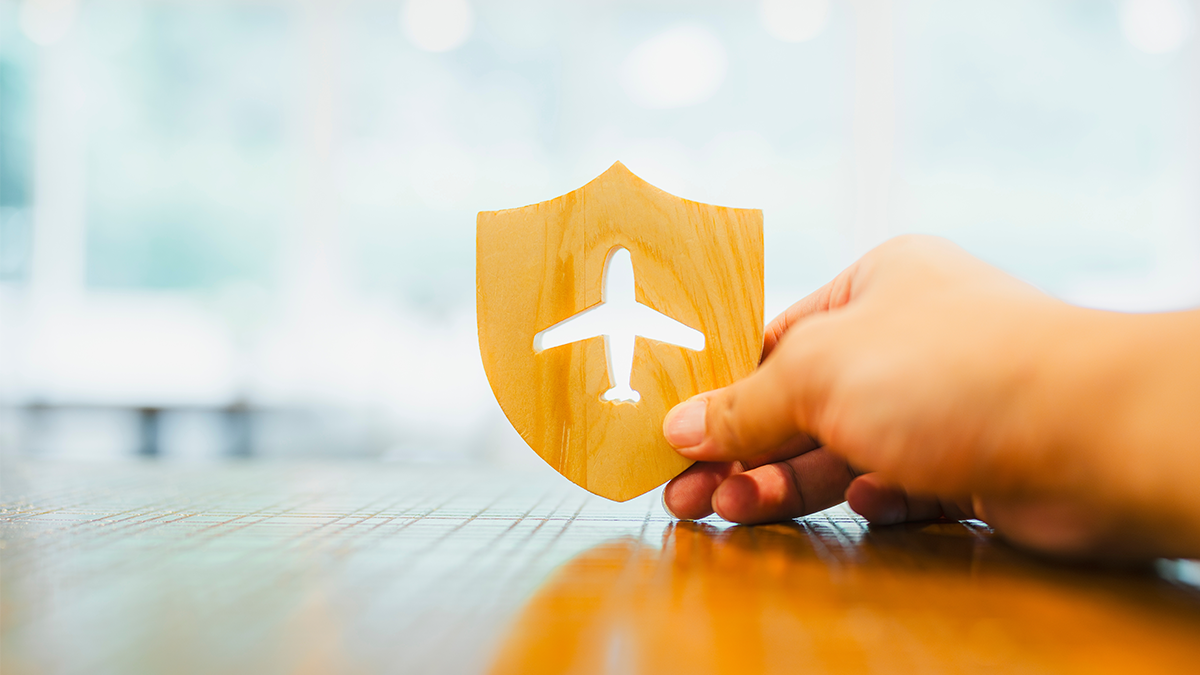
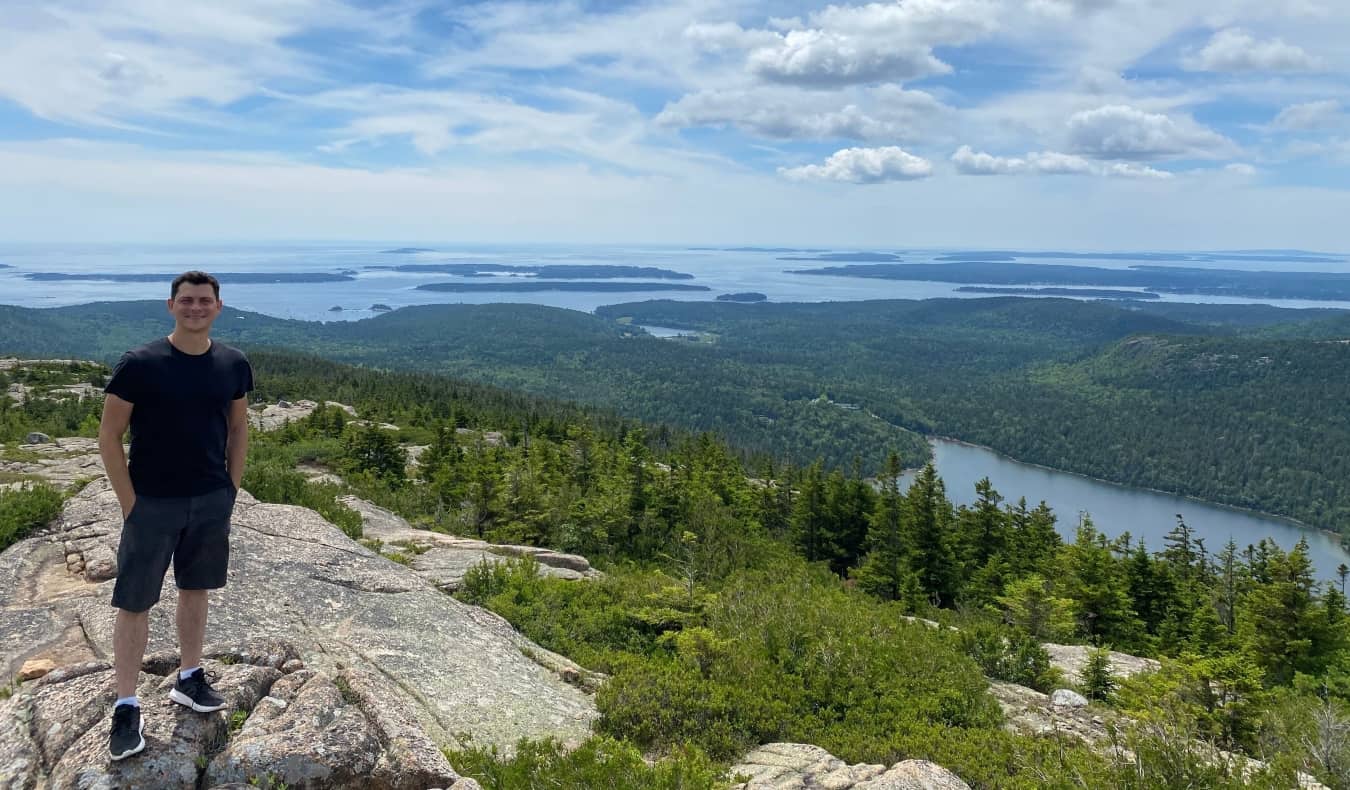
Posted: 12/19/22 | December 19th, 2022
The term “budget travel” has long been synonymous with “cheap travel.” Finding deals, getting off the beaten path, eating at “non-touristy” (i.e. inexpensive) restaurants, and staying in hostels. The budget traveler is on a quest for a “local” experience at a low cost.
During the 2010s, the rise of sharing economy websites like Airbnb, increased competition in the travel industry, and the growing number of budget airlines offering long-haul flights made traveling on less a lot easier to do.
And travelers took advantage: global tourism rose from 946 million annual travelers to 1.4 billion over the past decade.
However, this spiraling growth created a lot of backlash among residents, as many destinations weren’t equipped to handle so many visitors driving around, clogging streets, and raising the cost of living. Plus, locals didn’t like feeling like they lived in a zoo, constantly being gawked at by tourists.
Pre-COVID, overtourism became the hot industry topic. “How do we make travel more sustainable?” we all wondered.
And, despite the recent rise in prices post-COVID, traveling is still relatively affordable, especially compared to historical averages.
But is inexpensive travel really a good thing? Should it be so cheap if it means it’s also unsustainable?
I know that’s a weird question for me to pose, as I’m in the business of budget travel. And don’t get me wrong: I don’t think travel should only be for the wealthy. Travel opens the mind. It helps people understand the world, those who live in it, and themselves. So, I want to be very clear that I am not advocating that travel be out of reach for all but the elite few. I think every person in the world should be able to see more than their little corner of the world.
But should we enable a type of mass tourism that creates a lot of environmental and social woes?
Looking around these days, I think we have too much of a good thing. I think there should be some tighter restrictions on travel so that we don’t love places to death.
I backpacked a lot back when Wi-Fi, apps, and smartphones were not widespread and you still had to use a paper guidebook to get around. (Even then, though, people would tell me how hard travel “back in the day” was and how easy I had it with the advent of online booking platforms.)
There were plenty of ways to travel cheap back then — it was just that the information you needed was harder to find. I learned so much that first year, but it was information discovered on the road, not online or in print. They were tips and tricks I found through people and experiences.
The growth of travel blogs like this one, as well as through social media, has made information about how to travel cheaply a lot easier to find. No tip is a secret that hasn’t already been shared. No place in the world doesn’t have at least a dozen articles written about it. And one no longer needs to roam the streets looking for a place to stay or eat.
Heck, type in “Thai” into Google Maps on your phone, and you’ll get nearby restaurant results with directions, saving you from wandering around!
All these new services and technological developments I mentioned in the beginning — coupled with easy access to information — have made travel so affordable so quickly that I don’t think most destinations have had time to adjust.
Take Airbnb. Its rise has led to overtourism, housing shortages, noise issues, and other social ills. Gone are the days when you are actually staying in someone’s home. Now, you are more likely to be in someone’s tenth rental property, where there are no standards or rules, especially regarding safety.
What happens if there’s a fire? Is everything up to code? Who knows!
And that cute neighborhood you wanted to enjoy so you can get a taste of local life? That’s full of tourists staying in Airbnbs now too.
And, like anyone else, I don’t like paying a lot for airfare, but all those cheap, short-haul flights mean lots of people going to places not designed to handle them all (see the weekend trips to Amsterdam). Plus, short-haul flights have the highest environmental impact.
Do we need a tax on frequent fliers? Or restrictions like the ones we are seeing in France.
With the rise of digital nomadism and remote work, people are getting up and moving in record numbers again. (Don’t get me started on those skirting visa and work rules.) This means lots of people living in places where they don’t pay taxes or adapt to the community, or where they cause other issues.
Just look at Mexico City. I love it, but the increase in the number of Americans living there has produced a big backlash among locals, who are now getting priced out of their own neighborhoods.
And think about waste. Plastic bags, electricity, even your poop. I’m sure it’s a subject you never really consider when you travel. But what happens to all the waste you produce? Are the power plants, sewer systems, and trash management systems of that beautiful Greek island meant for the 20 million extra people it sees a year? No. They aren’t.
And cruises! Cruises cause a lot of problems (and I say that as someone who likes them). In 2017, Carnival’s alone caused ten times more sulfur oxide air pollution than all of Europe’s cars (over 260 million) combined! That $50-a-night cruise might get more people moving — but not so sustainably. Santorini during cruise season is a nightmare.
The solutions to these problems are complex and will require the industry, consumers, and governments to work together to make sure tourism is sustainable.
You can’t stop people in popular destinations from wanting to make money to feed their families. And I don’t blame a lot of locals, especially those on the lower end of the economic spectrum, choosing living over protecting a nearby marsh.
I think, as travelers, we should be more willing to vote with our dollars and decide: are we going to be good and make sure we leave no trace, or are we there to treat destinations as zoos, parachuting in for a “local experience,” taking a few photos, and then heading off, leaving a wake of social and environmental headaches for the residents who live there?
Yes, it’s not the budget traveler who is causing a lot of these issues (they tend to avoid big hotels, eat local food, take public transportation, and stay longer). But they still cause some. A body is a body.
This leads me back to my original question: should travel be so cheap that it causes so many people to descend on certain destinations they buckle under the strain?
While we all want to spend less, I think it’s time to ask ourselves what are we taking and what are we leaving? What is the impact of cheap travel on destinations and the people who live there?
Yes, hotels and traditional guesthouses are more expensive, but, unlike Airbnb, they are licensed and don’t take away from the local housing stock.
Yes, a train might be slower and more expensive, but short-haul flights are worse for the environment.
Yes, we all want to see Venice in the summer, but the city can’t support that many people at once.
I think the solution is not less travel but better travel.
When I see cities imposing taxes and fees and restrictions on things like Airbnb and cruises, I can’t help but say, “Good!” There should be more restrictions on Airbnb and cruises, as well as other forms of mass tourism, to ensure that destinations can handle the crowds and that the locals are not displaced or otherwise negatively impacted.
Over the last few years, we here have put a real focus on sustainable travel, alternative tours, getting away from Airbnb, traveling in the off-season, and reducing waste, because I’ve become a lot more conscious of the negative impact travel can have when there is unfettered growth.
I think everyone should travel, but the unintended consequences that the rise of cheap travel has created need to be addressed.
As travelers, we can do a lot. We can avoid environmentally harmful travel, reduce our flight use, avoid Airbnb, and go to “second-tier” destinations — or at the very least not the tourist centers of overcrowded cities.
As “top-tier” destinations crack down on overtourism, people will have to go to other cities, which will spread the tourist numbers and dollars around while also showcasing new destinations and unclogging more popular cities.
Plus, when you go where the crowds aren’t, you tend to have more unique and fun experiences.
Will more rules and restrictions lead to higher prices? Probably. Does that mean not as many people might get to visit Machu Picchu or Petra or Japan? Possibly.
And, as someone who wants more people to travel, I admit that that kind of sucks. Even though there are plenty of other destinations to choose from, it still sucks that some of these changes will lead to some people being unable to visit some of them.
But, as we think about sustainable travel and its impact on the world, we can’t deny that people moving around in such large numbers has negative consequences. We need to come to grips with the fact that many places can’t handle so many people and that some restrictions are needed if we hope to keep them around, even if that means we won’t be able to see them all.
Travel is a give-and-take relationship between the destination and the visitor. We must be willing to give a little more and take a little less.
Our job as travelers is to make sure we aren’t hurting the locals and the environment. That means traveling as sustainably as possible and doing no harm to the local community.
Because there’s no point in going somewhere and then leaving it worse off. We can’t love places to death.
How to Travel the World on $50 a Day
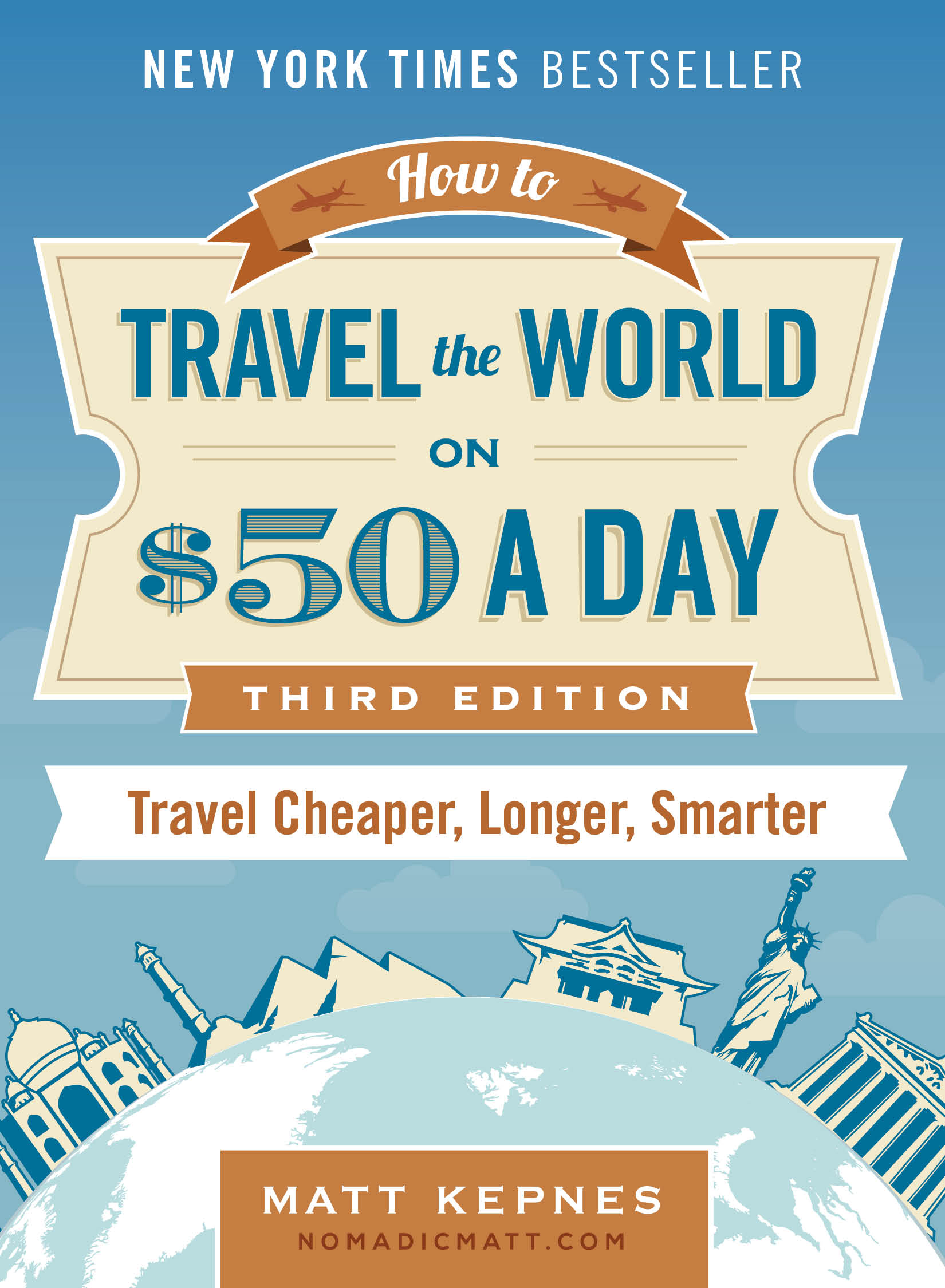
My New York Times best-selling paperback guide to world travel will teach you how to master the art of travel so that you’ll get off the beaten path, save money, and have a deeper travel experience. It’s your A to Z planning guide that the BBC called the “bible for budget travelers.”
Click here to learn more and start reading it today!
Book Your Trip: Logistical Tips and Tricks
Book Your Flight
Find a cheap flight by using Skyscanner. It’s my favorite search engine because it searches websites and airlines around the globe so you always know no stone is being left unturned.
Book Your Accommodation
You can book your hostel with Hostelworld. If you want to stay somewhere other than a hostel, use Booking.com as it consistently returns the cheapest rates for guesthouses and hotels.
Don’t Forget Travel Insurance
Travel insurance will protect you against illness, injury, theft, and cancellations. It’s comprehensive protection in case anything goes wrong. I never go on a trip without it as I’ve had to use it many times in the past. My favorite companies that offer the best service and value are:
Want to travel for free?
Travel credit cards allow you to earn points that can be redeemed for free flights and accommodation. They are what keep me traveling so much for so little. Check out my guide to picking the right card and my current favorites to get started and see the latest best deals.
Ready to Book Your Trip?
Check out my resource page for the best companies to use when you travel. I list all the ones I use when I travel. They are the best in class and you can’t go wrong using them on your trip.


